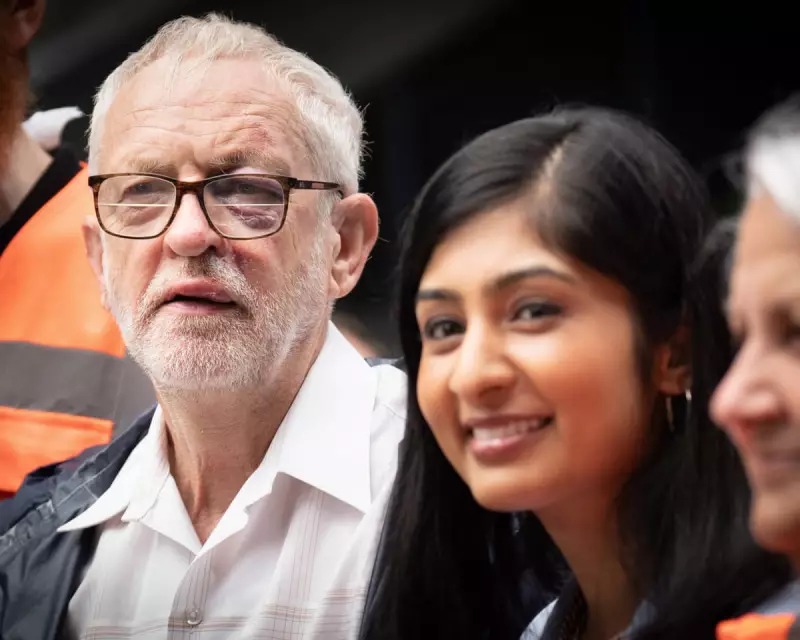
A dramatic confrontation erupted in the House of Commons today as former Labour leader Jeremy Corbyn and backbench MP Zarah Sultana clashed in a heated exchange that laid bare the party's deepening internal divisions.
The fiery debate, which stopped just short of personal insults, showcased the fundamental ideological chasm between the party's socialist left and its current centrist leadership under Sir Keir Starmer. Sultana, representing the party's official position, faced pointed criticism from her former leader in a rare and electrifying parliamentary moment.
The Heart of the Conflict
At the core of the dispute lies Corbyn's contentious claim that "your party has split"—a direct challenge to Labour's current unity narrative. The remark underscores the ongoing tension between the leadership and those who remain loyal to Corbyn's political project, despite his suspension from the parliamentary party.
Sultana countered by defending Labour's current trajectory, emphasizing electoral strategy and the need for broad appeal. The exchange revealed not just personal differences but fundamentally opposing visions for what the Labour Party should represent in modern British politics.
A Party Divided
Political analysts are viewing this public spat as symptomatic of a much deeper crisis within Labour's ranks. The party continues to grapple with its identity following Corbyn's leadership and Starmer's subsequent shift toward the political centre.
This very public disagreement raises serious questions about party discipline and whether Labour can present a united front ahead of the next general election. The spectacle of a sitting MP openly debating with the de facto leader of a significant faction within their own party is unprecedented in recent political memory.
Westminster Reacts
The extraordinary exchange has sent shockwaves through Westminster, with commentators noting that such open conflict between a former leader and a sitting MP of the same party is exceptionally rare. The confrontation suggests that the wounds from Labour's recent internal battles are far from healed.
As both sides dig in their heels, the question remains whether this public airing of grievances will lead to further fragmentation or force a much-needed conversation about the party's future direction. What is clear is that the ideological battle for Labour's soul is far from over.






